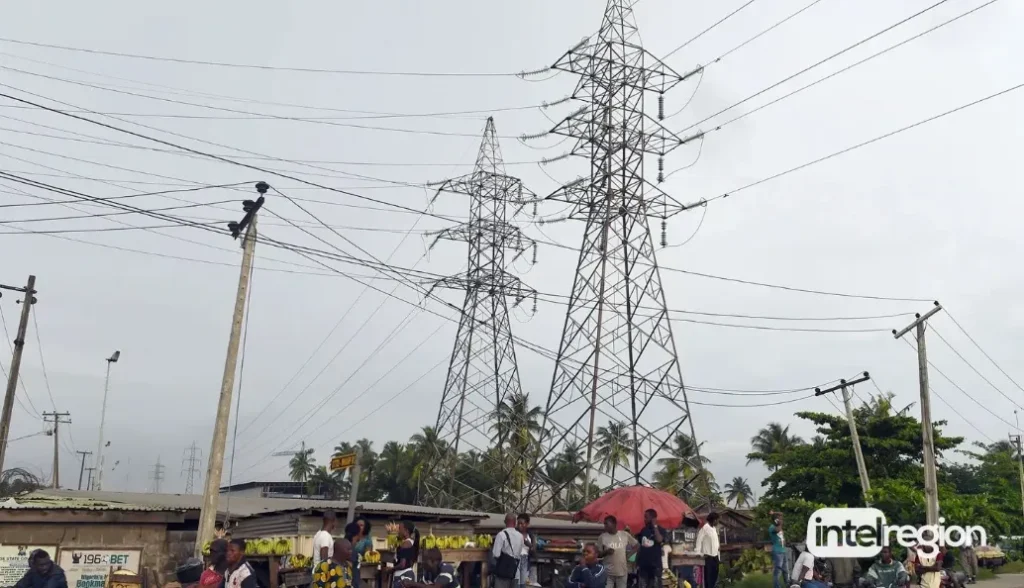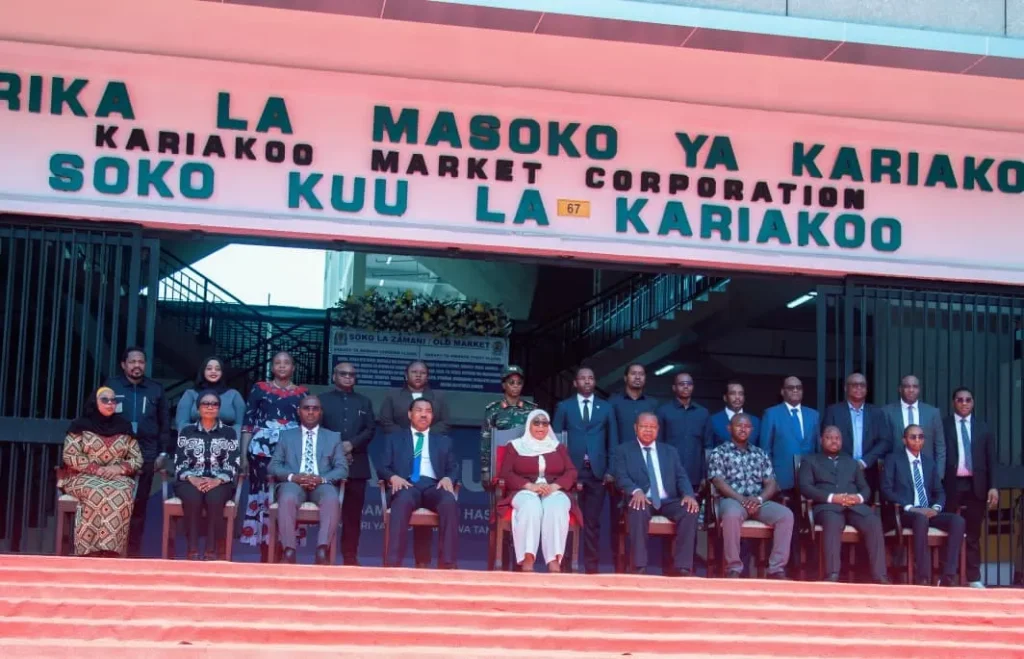The Federal Government under President Bola Ahmed Tinubu has reassured Nigerians of an imminent 24/7 power supply, pledging that the country is on the path to sustainability and energy independence.
Minister of Power, Adebayo Adelabu, gave the assurance in Abuja during the inauguration of two blocks housing five training workshops and a 104-room hostel at the National Power Training Institute of Nigeria (NAPTIN).
“In no time, we are going to witness a country where there is 24/7 uninterrupted power supply. This is possible, and we have certainly seen the signs,” Adelabu said.
Nigeria Records Highest Power Generation and Transmission
The minister revealed that Nigeria had recently recorded its highest power generation and transmission levels in history, a milestone he said reflects ongoing reforms in the sector.
According to him, the government has already begun powering universities, teaching hospitals, primary health centres, public institutions, and communities, while also focusing on building local capacity to manufacture meters, cables, transformers, and batteries.
“We have the brain, we have the people. We must be self-reliant and sustainable, and we are very close to achieving this,” Adelabu added.
New Facilities to Build Skilled Workforce
Adelabu explained that the new training centres and hostel underscore the government’s commitment to producing a skilled workforce capable of addressing challenges in Nigeria’s evolving energy sector.
Director-General of NAPTIN, Ahmed Nagode, described the projects as a foundation for a brighter power sector, revealing plans to launch the Next Generation Rescue Programme to train and empower young Nigerian leaders.
EU and France Back Nigeria’s Power Reforms
The projects were supported through funding and technical assistance from the European Union (EU) and the French Government, via the Agence Française de Développement (AFD).
EU Ambassador to Nigeria, Gautier Mignot, disclosed that the EU contributed €8 million to the NAPTIN facilities, while also investing over €200 million in Nigeria’s power sector since 2008.
He added that the EU’s latest €100 million renewable energy package is designed to deliver 400 megawatts of renewable energy by 2027, benefitting more than five million Nigerians.
Mignot described the development as a milestone for the sector, commending President Tinubu’s administration for “walking the talk and converting vision into action.”






